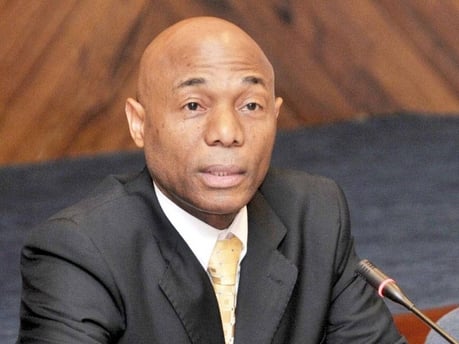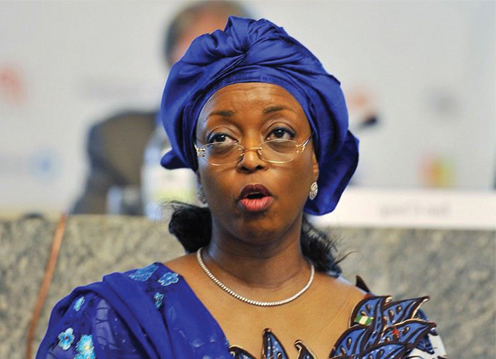Financial market analysts have stressed the need for the federal government to enforce the recently announced measures to cushion the effect of falling oil prices on the Nigerian economy.
They pointed out that unlike most government policies that are trailed by lip service, these measures must be implemented to save the Nigerian economy from collapse and exogenous shocks.
The federal government had on November 16 announced a multi-pronged strategic response to mitigate the adverse effects of the decline in global oil prices, protect growth, reassure investors and keep the economy on a stable course through the crisis which has seen a significant drop in oil revenues for Nigeria and other oil producing countries since June.
The measures were designed to further boost non-oil revenues, plug loopholes and waste, cut unnecessary expenditures in order to cope with the situation.
Advertisement
Ngozi Okonjo-Iweala, the coordinating minister for the economy and minister of finance had said the federal ministry of finance had been keeping a close eye on movements in global oil prices because of the critical importance of oil as the country’s most important source of revenue.
She had explained that even though the government has been working hard on several scenarios and contingency plans in readiness for any eventuality, it was important to proceed in a measured manner based on a complete understanding of the challenges.
“The country has had good success in reaching the initial target set this year of N75 billion. So far, N65 billion of this has been collected. For 2015, the revised target is N160 billion above the 2014 base.”
Advertisement
She had added that the response is scenario-based and additional measures would be introduced if oil prices fall further. The Medium Term Expenditure Framework (MTEF) and the 2015 budget proposal to the national assembly had also been revised with government proposing a benchmark of $73 dollars per barrel to the national assembly compared to the earlier proposed benchmark of $78.
But in separate interviews with TheCable, experts welcomed the idea of introducing austerity measures to cushion the effects but asked government to ensure implementation.
Femi Ademola, head of research, BGL plc, described it as a step in the right direction, noting that government had to do something drastic enough to cushion the effects.
He added that it was not enough to announce the measures, but government should tell Nigerians how much it intended to generate from the belt-tightening measures and the effect it would have on the country’s revenue.
Advertisement
“Government needs to be more specific and quantify it. For instance, the tax on luxury goods, how much does government expect to get and waht effect will it have on the revenue?”
Ayodeji Ebo, head of research, Afrinvest securities limited, said the measures were a positive development if implemented because over 50% of government expenditure is recurrent. He observed that government needed to reduce its expenditures so that it could reduce the expected budget deficit.
“We expect that there should be a realignment to reduce duplication of duties in some government agencies such that cost will be significantly cut down,” he said.
“We expect that allocation to the non-oil sector should be increased so that in the long run, the sector can cushion the effect of any volatility in oil prices.”
Advertisement
Ebo expressed optimism that implementation of the suggested measures would help to reduce the budget deficit.
However, Johnson Chukwu, chief executive officer of Cowry Asset Management limited, observed that the measures, though a welcome development, were cosmetic in nature.
Advertisement
He pointed out that the planned reduction in government expenditure did not reflect in the revised 2015 federal government budget.
“If you look at the revised 2015 federal government budget, you will realise there was no reduction in overheads; reduction only occurred in capital expenditure,” he said.
Advertisement
“This means that the expected ban on overseas training and travels are cosmetic in nature. If they are not reflected in overheads budget, it means it has no impact on government expenditure.”
Chukwu suggested that government should look at the issue of monetisation of public sector expenses such as transport, housing and other allowances. He also called on government to consider Steve Orosaye’s report and implement its recommendations for the merger of some government agencies.
Advertisement
Although Sewa Wusu, head of research, Sterling Capital, agreed that the measures announced by the minister were in the right direction, he urged government to pay more attention to ensuring that the measures are fully implemented.
“It is not just to announce it, but following it to ensure that those measures are adequately seen.”
He said that tax collection must be adequately enforced, noting that the Nigerian tax system is loose.
“Government needs to intensify efforts to ensure that taxes are paid,” he said.
“This will attract more revenue from non-oil sector. These are serious times, and government, through the ministry of finance, should do a lot to maintain fiscal prudence.”
Add a comment






